- Tactical failures worsen explosive ordnance risks for civilians
- Children deprived of education amid regime airstrikes, ‘instability’ claims
- Regime using Constitutional Tribunal Law amendments to build ‘personalist dictatorship’: ISP-Myanmar
- Arakan–Bangladesh border trade slumps amid tightened security
- ULA conducts Nipah virus awareness campaigns in Maungdaw
Five ethnic armed groups agree to junta-organised election in 2023
Five ethnic armed organisations (EAOs) that are members of the Peace Process Steering Committee (PPST) have agreed to the election that Myanmar’s military regime plans to hold next year.
30 Dec 2022
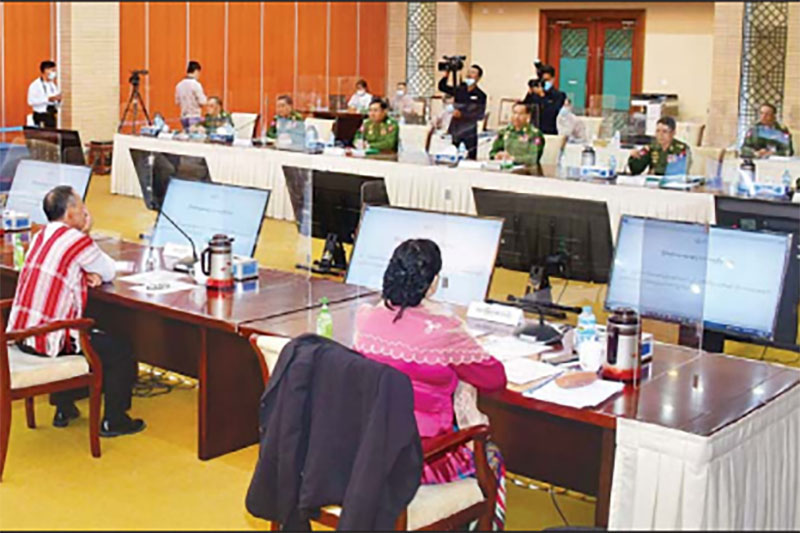
DMG Newsroom
30 December 2022, Sittwe
Five ethnic armed organisations (EAOs) that are members of the Peace Process Steering Committee (PPST) have agreed to the election that Myanmar’s military regime plans to hold next year.
The junta’s peace negotiation team led by Lieutenant-General Yar Pyae and five PPST members reached four agreements at talks held from December 27 to 29, according to a PPST statement.
The PPST has agreed to a system of multi-party democracy as a whole and not just the junta-organised election, said PPST spokesperson Daw Saw Mra Razar Lin.
“Accepting the multi-party democracy system has nothing to do with accepting the upcoming election or not. We agreed to multi-party democracy, to establish a Union based on democracy and federalism, and to work for peace and development of the Union,” she said.
The five PPST member organisations also agreed to work for the rule of law, stability and the holding of free and fair multi-party elections nationwide, according to the PPST’s statement.
The junta’s controversial plan to hold elections next year, after the military annulled Myanmar’s November 2020 general election, is dividing the country’s ethnic armed groups.
Myanmar is not in a position to hold an election in the current political environment, said U Thar Tun Hla, chairman of the Arakan National Party.
“Today, people in Myanmar live in fear. If an election is to be held, it is very important that voters have physical and emotional security. It is critical that they can vote freely and safely. However, Myanmar does not have such an environment,” he said.
Junta negotiators and PPST members also agreed to 10 proposed amendments to the army-drafted 2008 Constitution, said Daw Mra Razar Lin.
“We have reached an agreement on amendments that we generally agreed to make to the 2008 Constitution,” said Daw Mra Razar Lin, declining to provide details about the proposed changes. “The draft has 10 proposed amendments to the 2008 Constitution. It is a draft that both sides have agreed to submit to the next parliament for its approval.”
The PPST group involved in the election agreement consists of the Democratic Karen Benevolent Army, the Pa-O National Liberation Organization, the Lahu Democratic Union, the Arakan Liberation Party and the Karen National Union/Karen National Liberation Army-Peace Council. Two other PPST members, the New Mon State Party and the Restoration Council of Shan State, did not attend the talks.




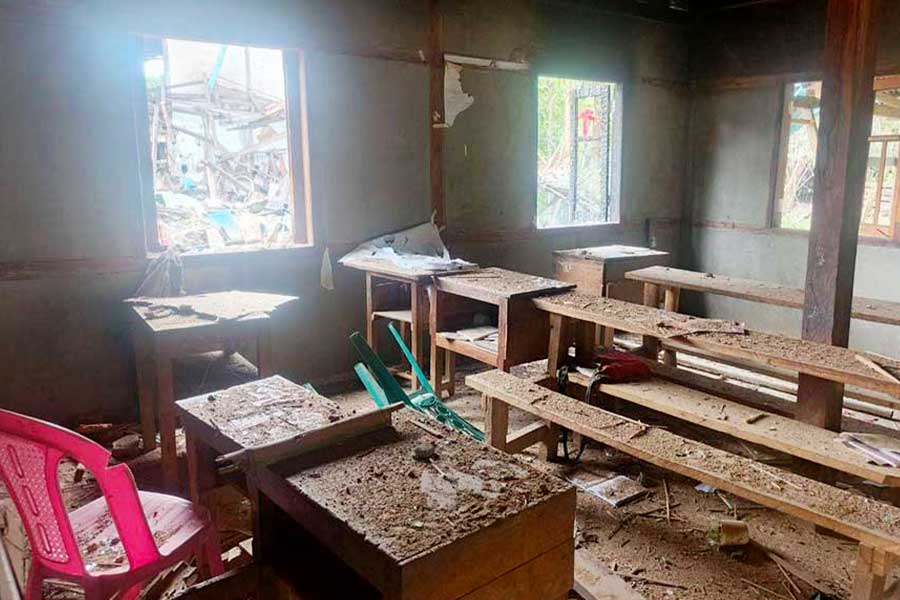
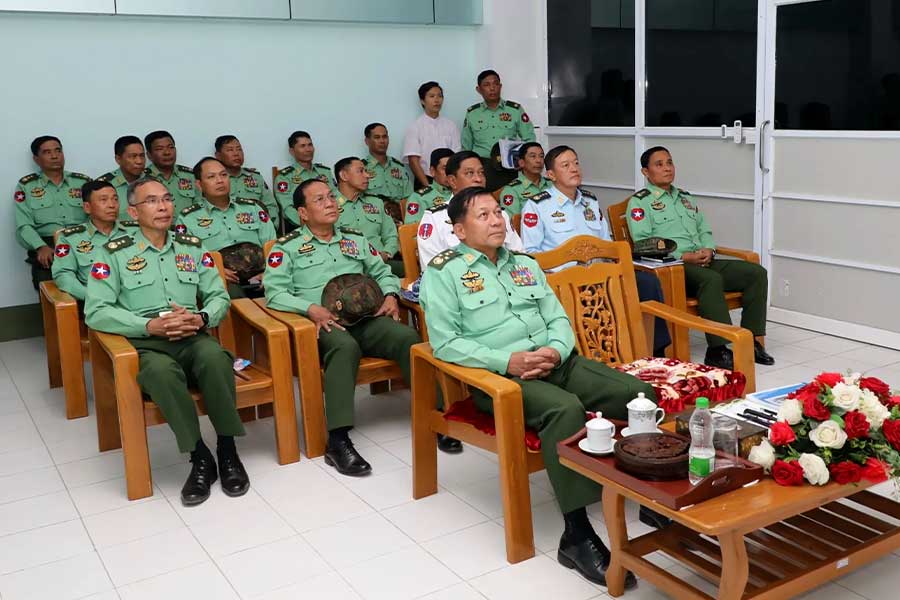
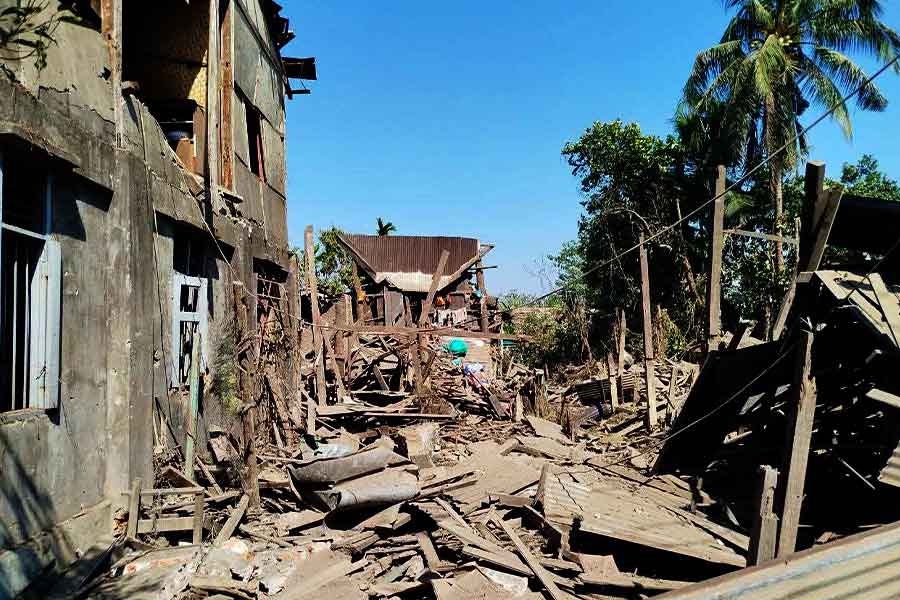
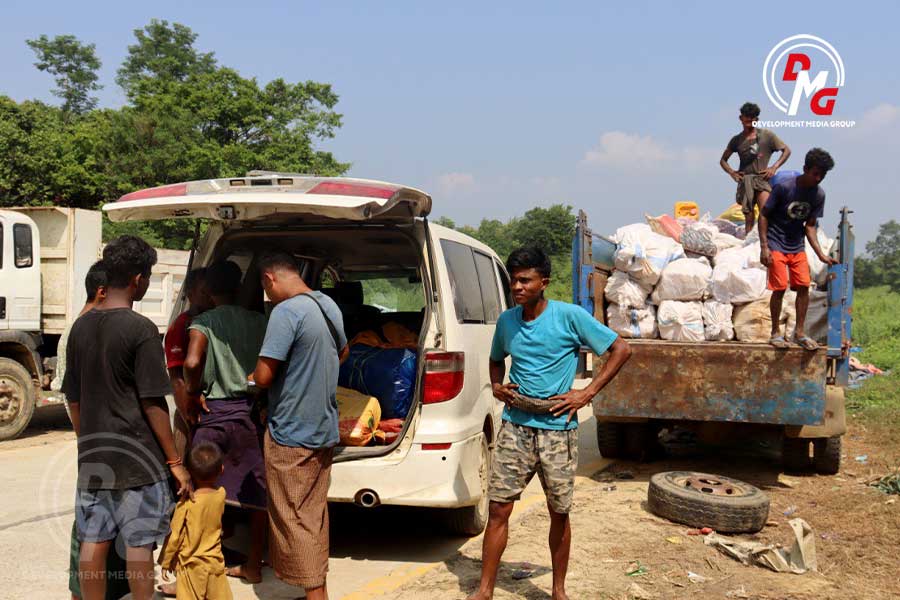
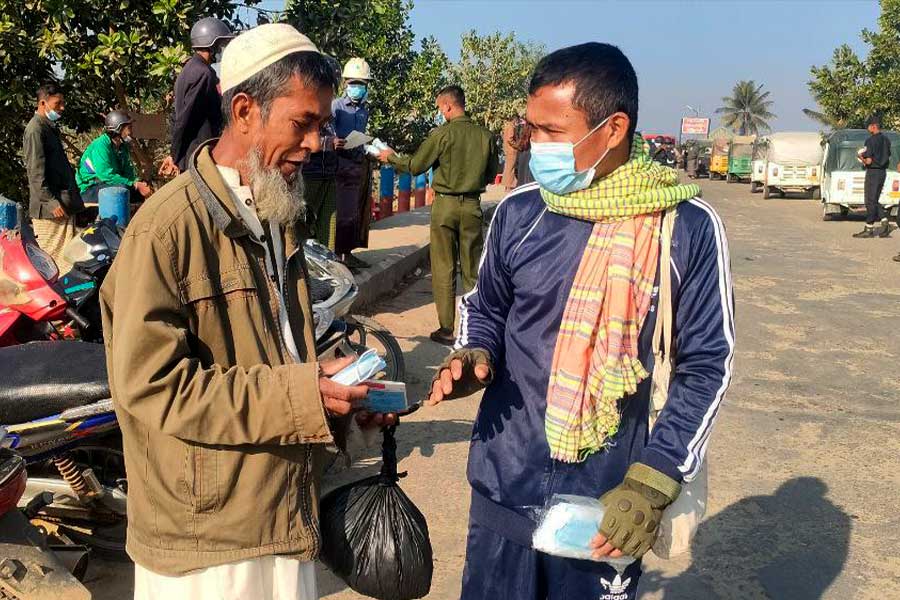







.jpg)
